Funding from Norway helps UNHCR respond to the humanitarian crisis, following the earthquakes in Türkiye and Syria.
The powerful earthquakes striking south-eastern Türkiye and northern Syria in February, followed by two further earthquakes and thousands of aftershocks, have caused massive destruction in both countries. Thousands of people have lost their lives, infrastructure has been severely damaged, and more than 47,000 houses have been destroyed. Many of the affected areas in both countries were already hosting displaced people, and it is estimated that more than 50,000 families in Syria have been displaced due to the earthquakes.
In Türkiye, more than 9.1 million people are directly affected by the earthquakes – 1.7 million of whom are Syrian refugees. Another 8.8 million people live in the most affected areas in Syria.
This emergency struck areas facing one of the most complex humanitarian situations in the world and UNHCR, the UN Refugee Agency, already had strong presence on the ground in both Türkiye and Syria prior to the earthquakes. Having worked in the region to help displaced people throughout the long, on-going Syrian crisis, recently passing a grim 12 year marker, UNHCR had local knowledge and supply chains in place, and with funding from countries such as Norway, was able to effectively scale up the response and quickly reach the most vulnerable.
Norway has contributed with USD 2,6 million to UNHCR’s emergency response to the situation in Türkiye and Syria. In addition, unearmarked funding from Norway enables UNHCR to respond immediately to this urgent crisis in providing life-saving core relief items to the people affected by the earthquakes.
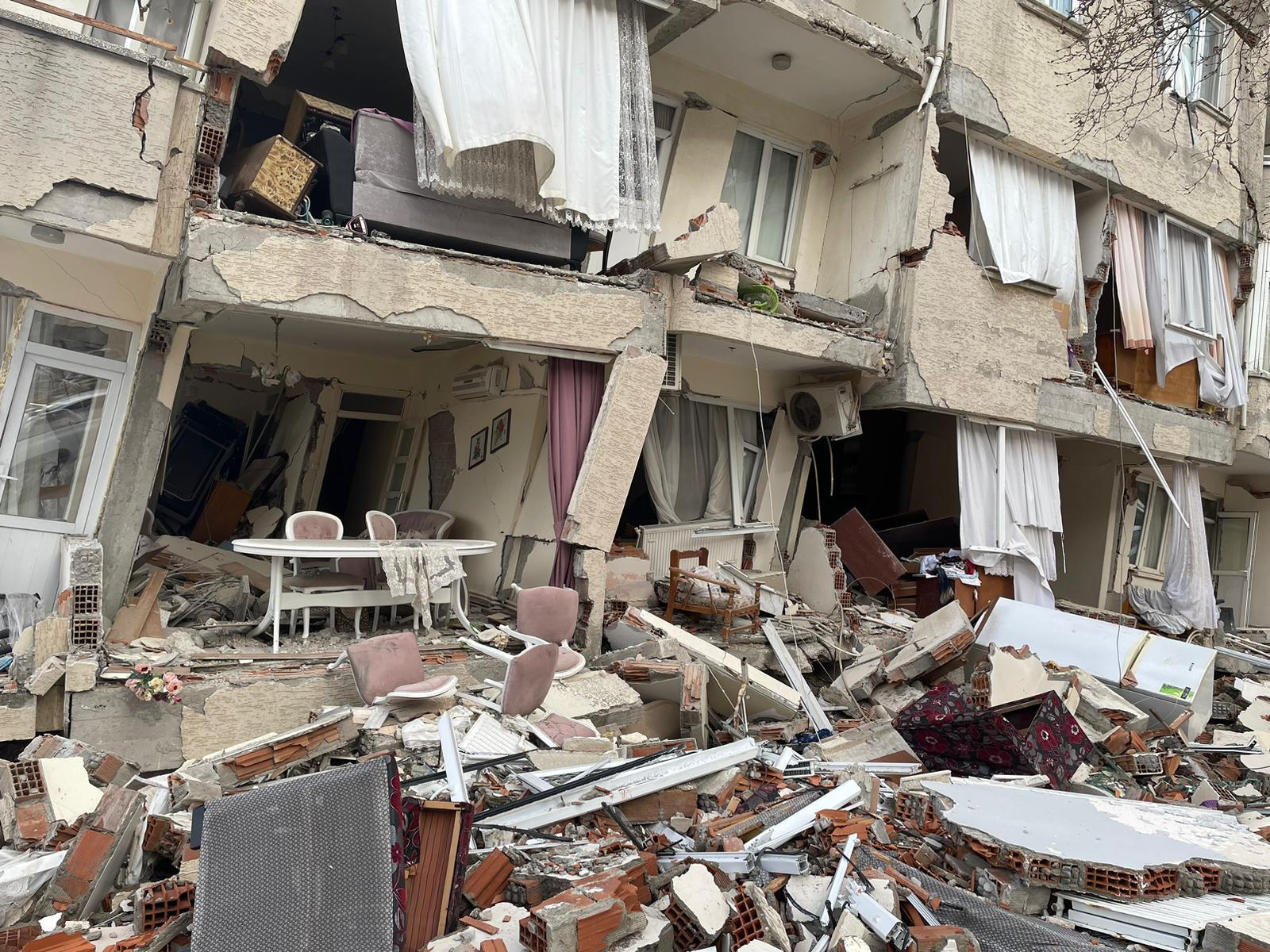
As the earthquakes destroyed homes, hundreds of thousands of people were left homeless or displaced and in need of some form of shelter assistance. UNHCR has so far handed out more than 36,000 tents.
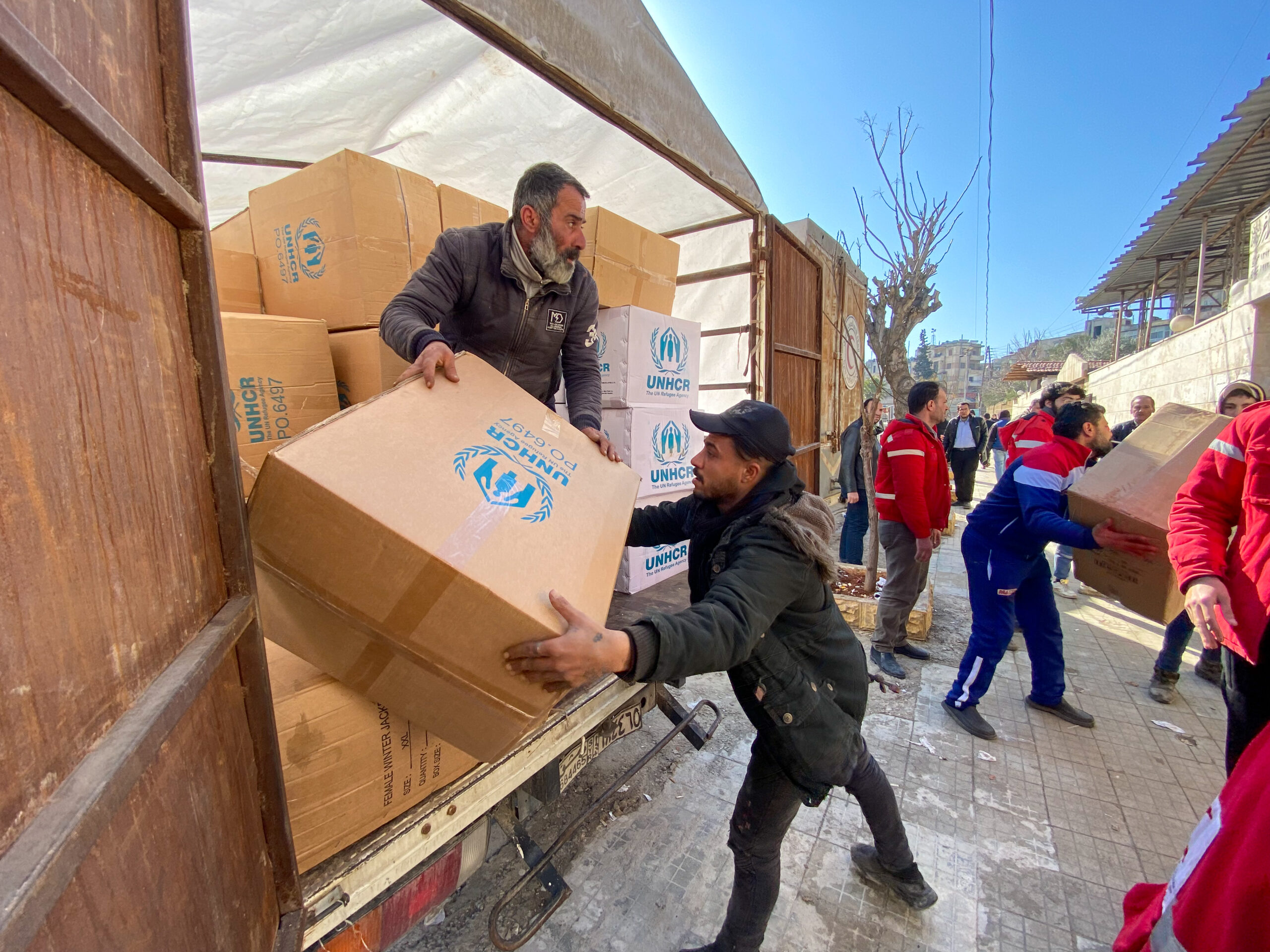
UNHCR has participated in 13 convoys with other UN agencies and aid organizations, providing support to Syrians in hard-to-reach areas with life-saving assistance. 583 trucks loaded with aid provided by six UN agencies have crossed the Syrian border.
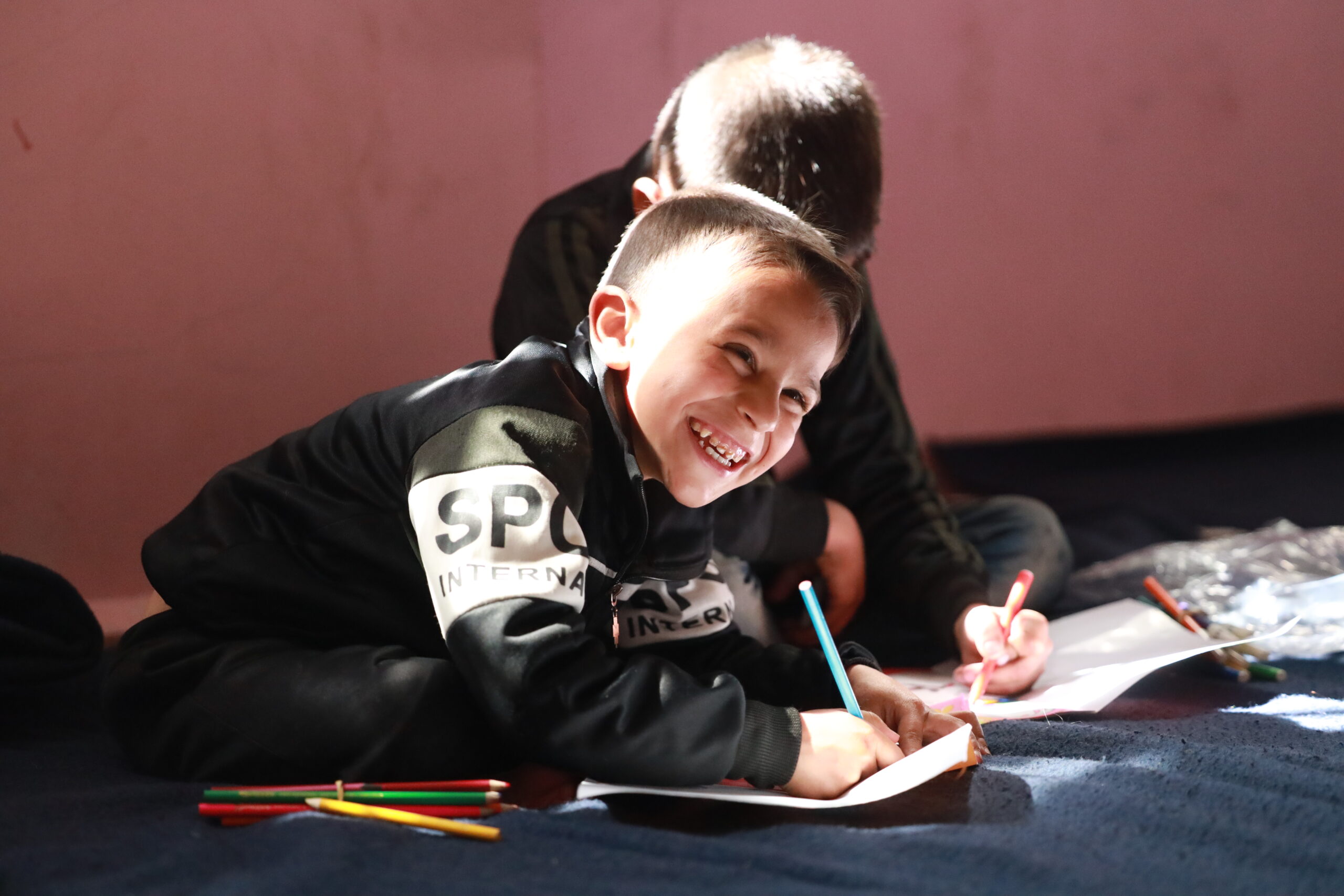
Since the first earthquake, UNHCR has reached over 280,000 individuals with protection services in Syria. Vulnerable groups such as elderly, people with disabilities, and women and girls face an increased risk of harassment and violence under post-earthquake circumstances. UNHCR and partners are e.g., providing awareness sessions on child protection and gender-based violence and are referring people in need to psychosocial support and psychological first aid.
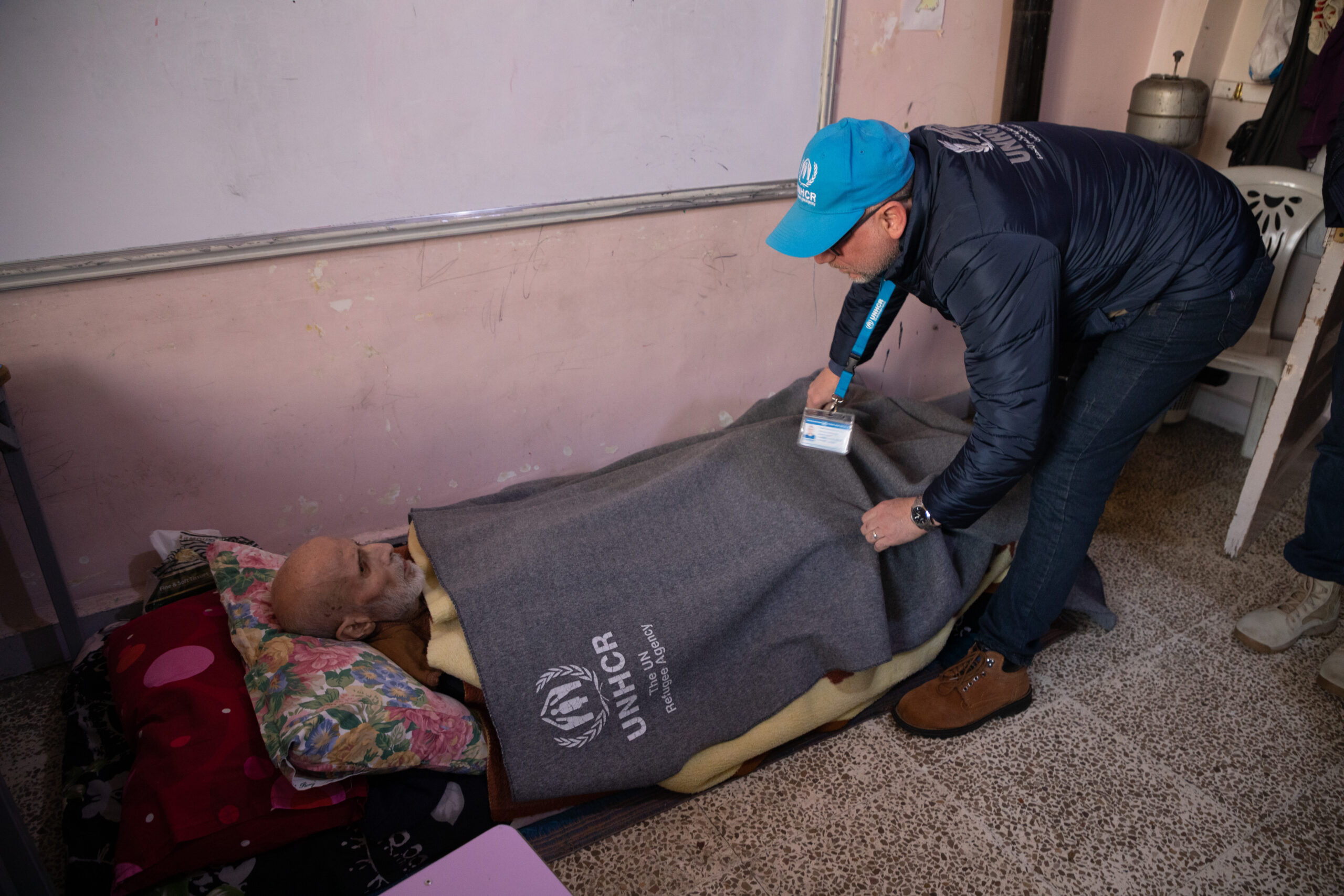
The earthquakes hit at the peak of winter, leaving hundreds of thousands of people without access to warm clothes and heaters in freezing cold temperatures. UNHCR has so far distributed 110,000 items of winter clothing such as jackets and rubber boots, and 103,600 high-thermal blankets in Türkiye.
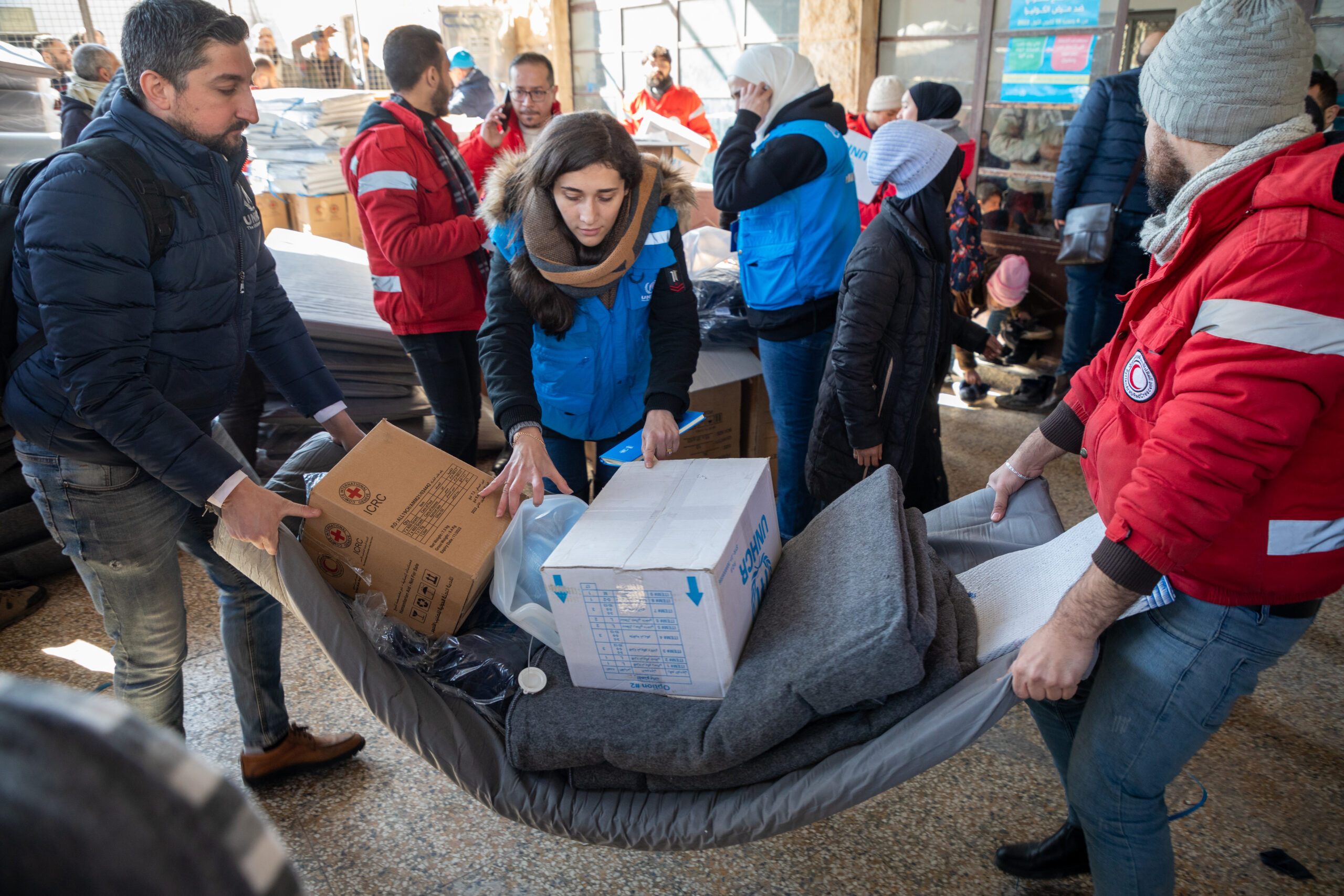
UNHCR is distributing emergency supplies in both countries such as hygiene-kits, mattresses, and solar lamps. This is essential support for the displaced people in Türkiye and Syria who have had their homes destroyed.
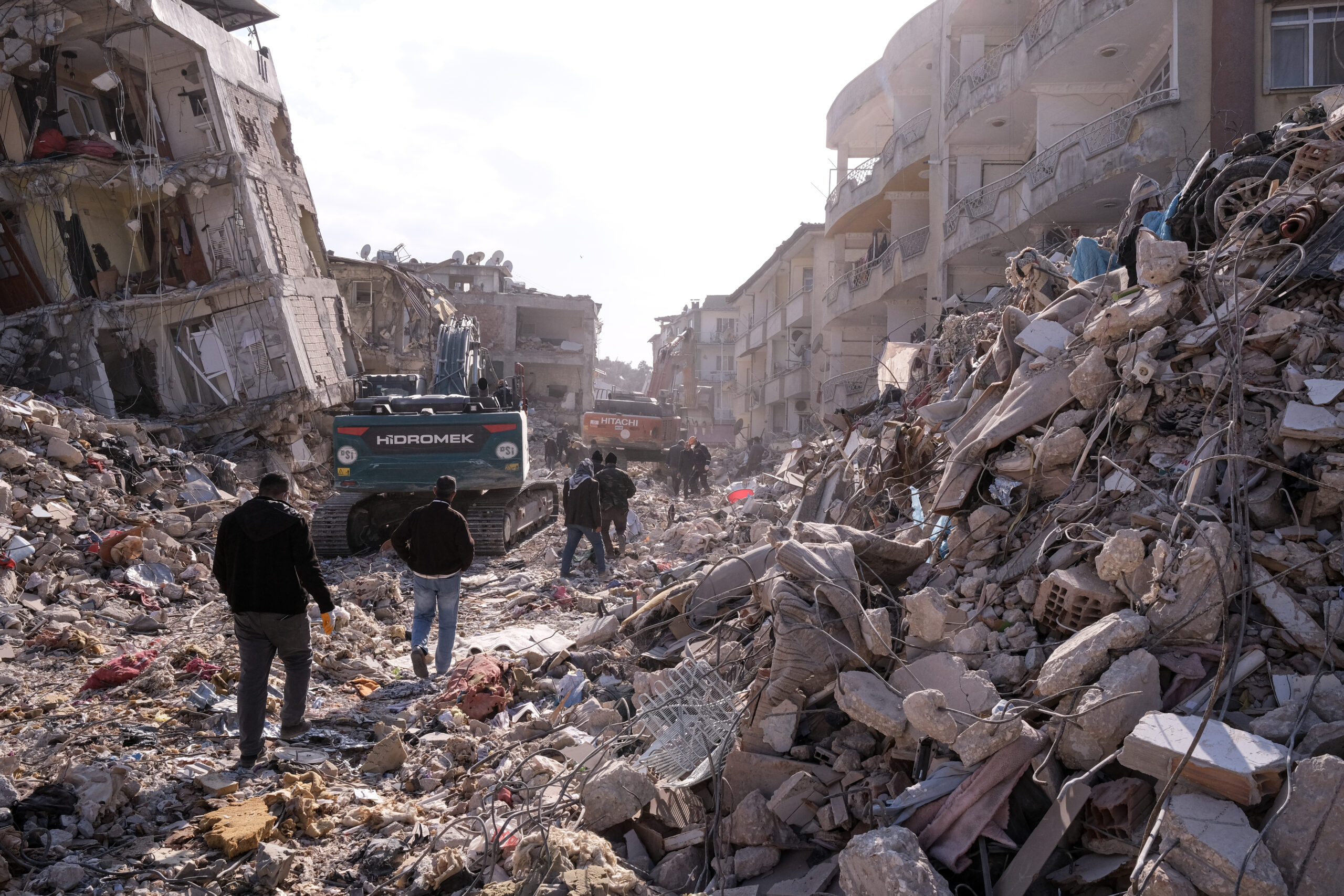
UNHCR is supporting the response with engineering teams in Aleppo and Latakia who are doing quick assessments of the structural damages of buildings affected by the quakes. This helps to get an overview of which buildings can be repaired and which buildings should be demolished.
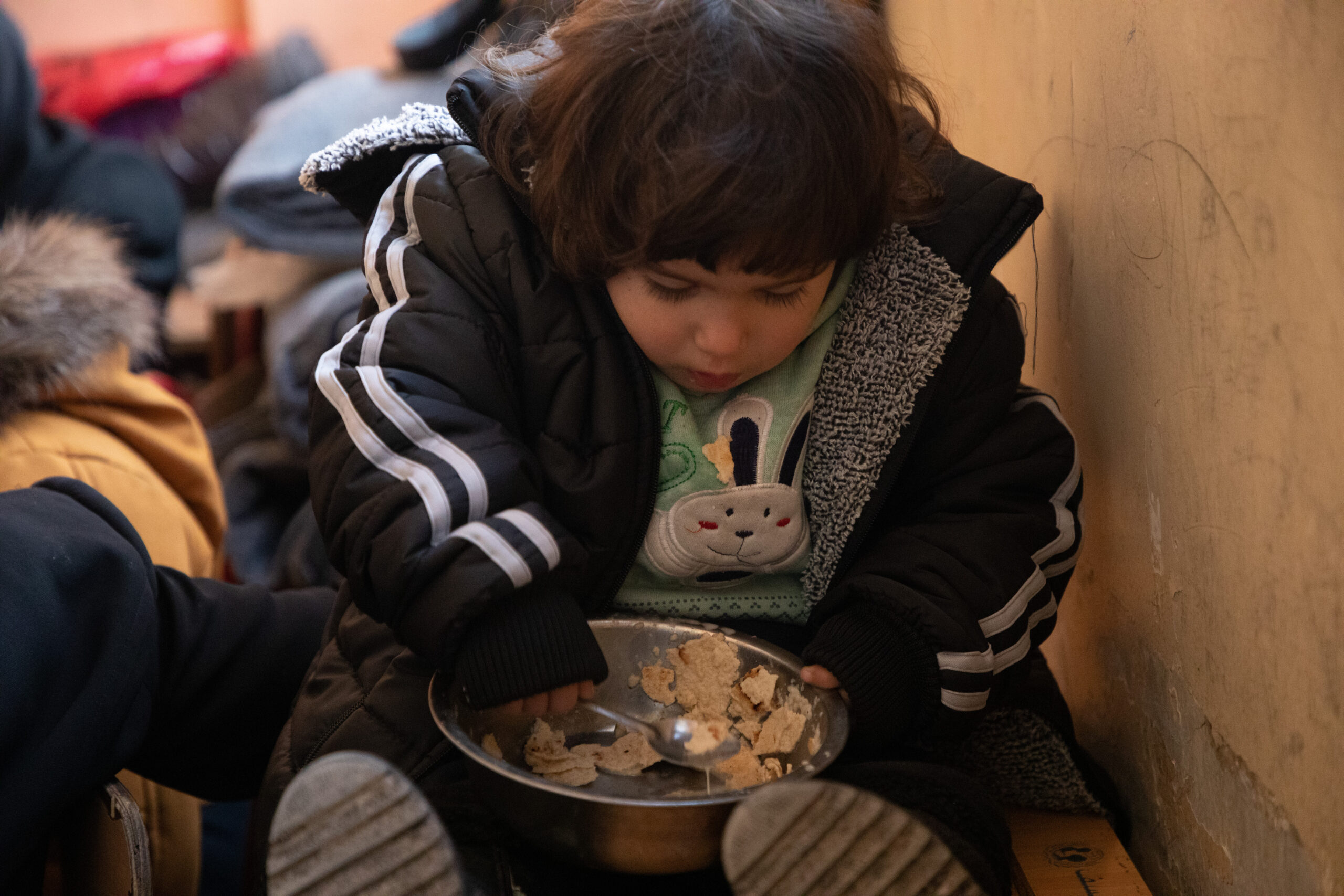
Many people are now without access to food or cooking facilities. UNHCR has handed out 22,500 kitchen sets and 12,600 supplementary food packs in Türkiye.
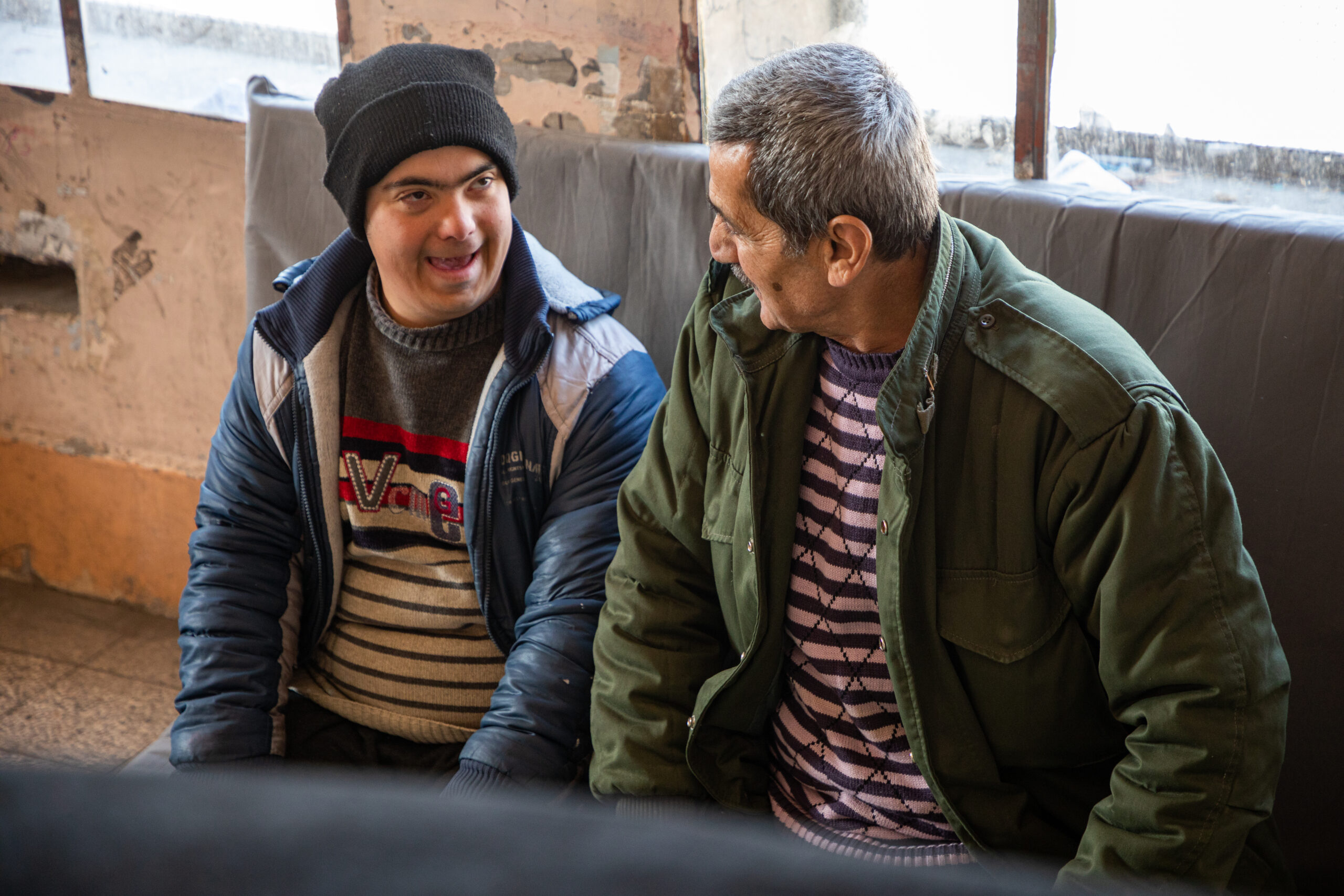
UNHCR have distributed 537,900 adult diapers, and support items such as wheelchairs, walking sticks and crutches. This is critical for thousands of elderly people and people with disabilities.
Norway as a donor to UNHCR:
Norway is a longstanding partner of UNHCR, and amongst the top donors of unearmarked funding, allowing the agency to respond to crisis and emergencies. In 2022, Norway provided UNHCR with USD 118.2 million, of which more than USD 72.5 million was unearmarked. Norway has also donated USD 2.6 million to the earthquake situation in Türkiye and Syria.
Share on Facebook Share on Twitter